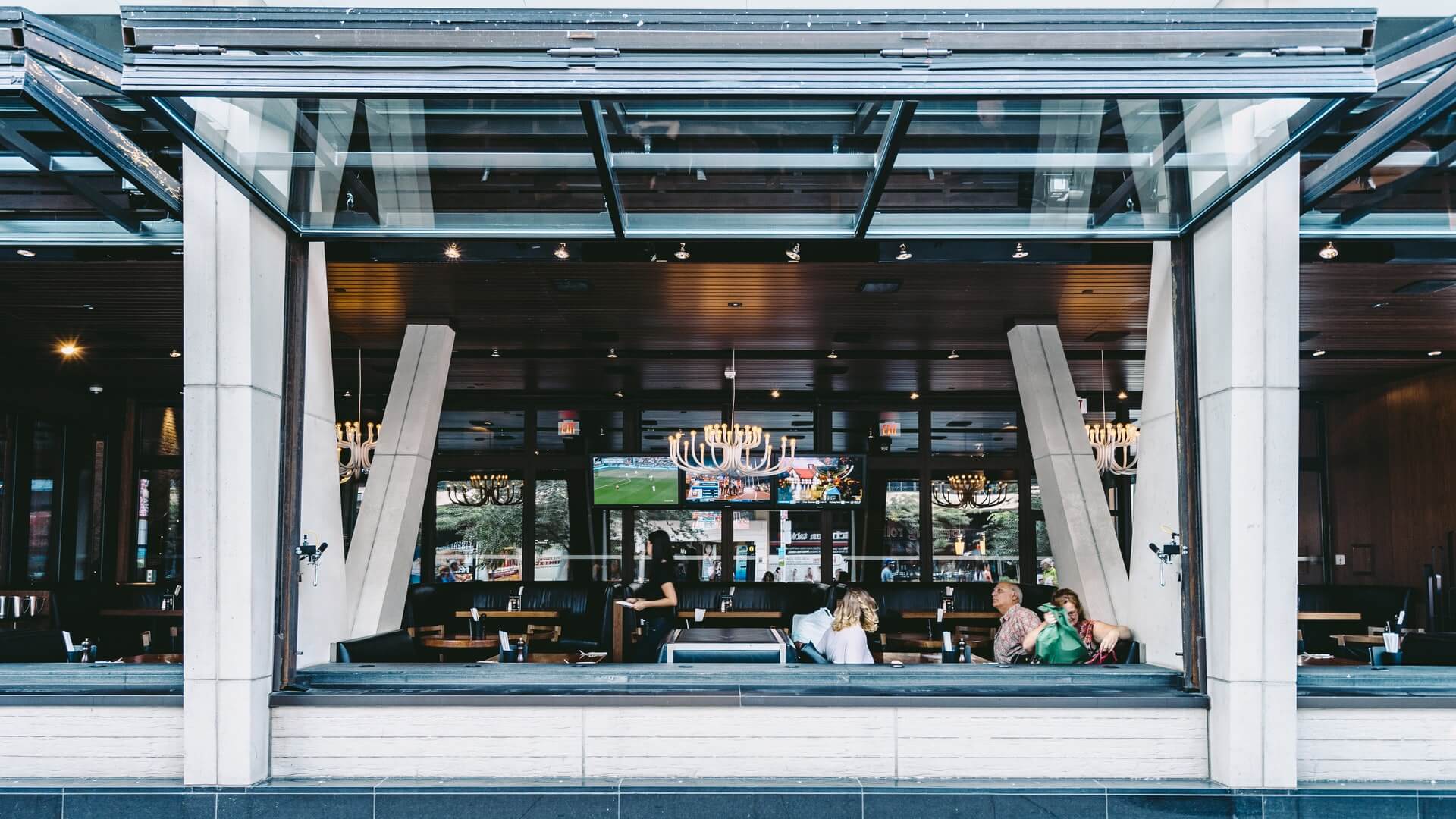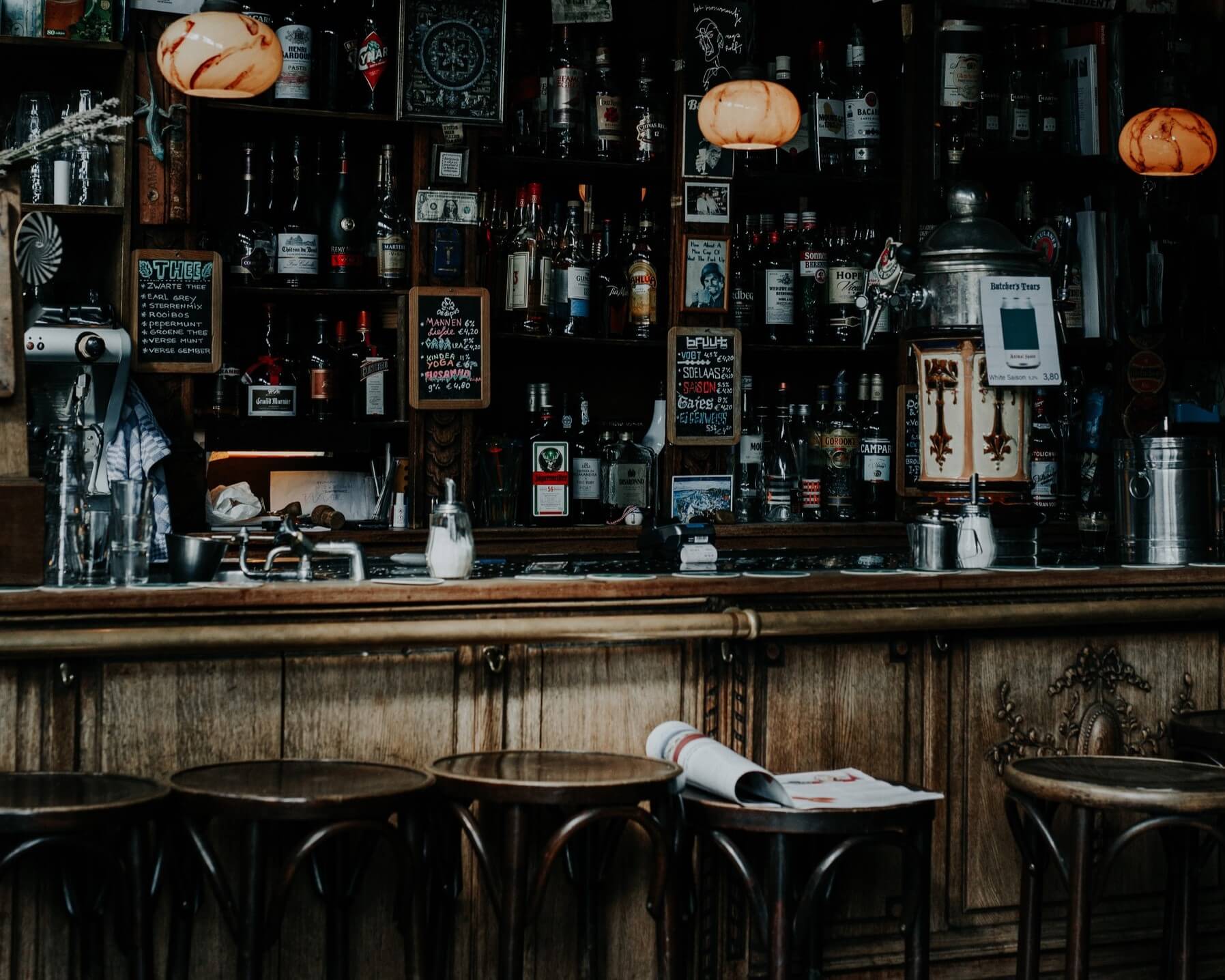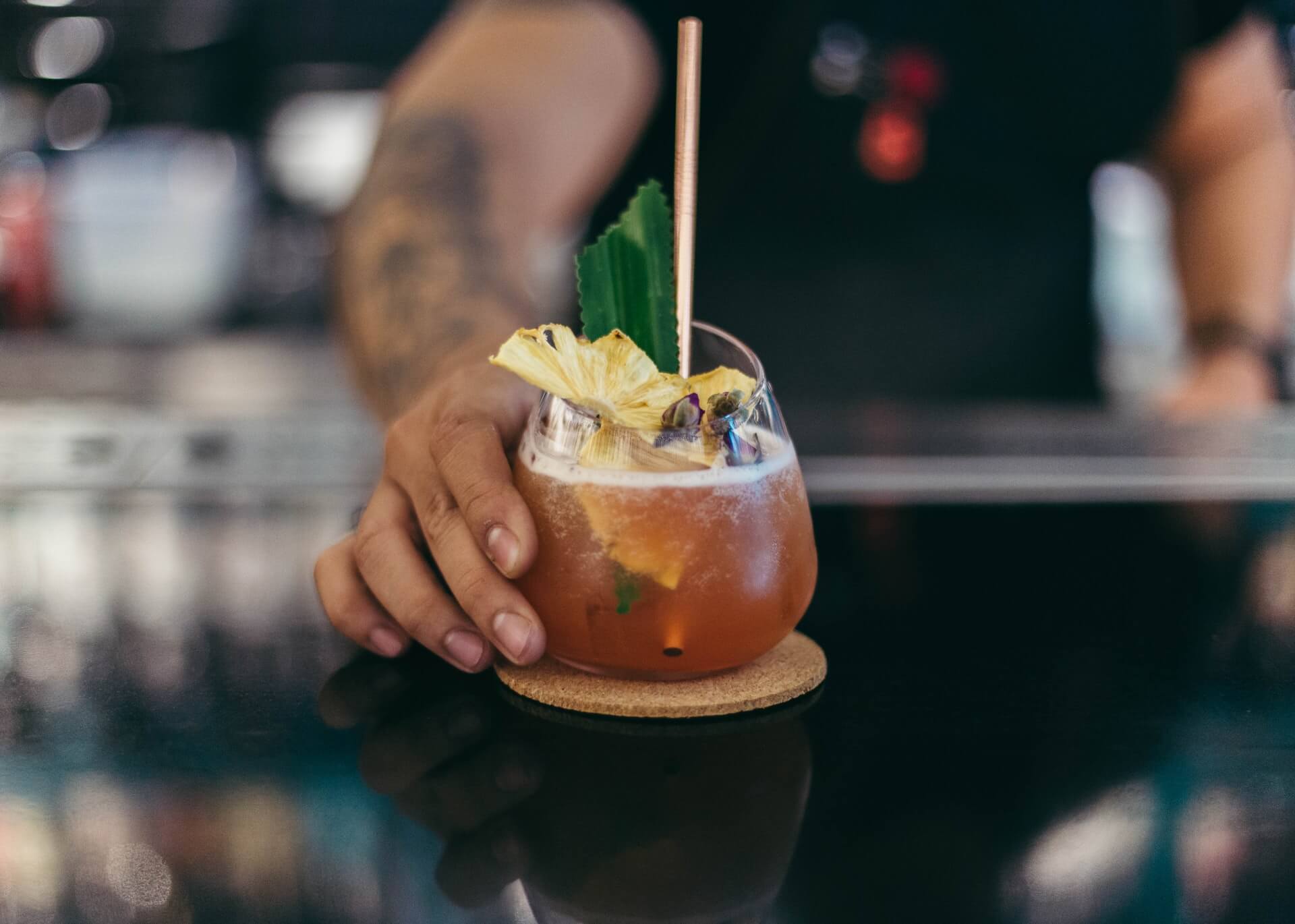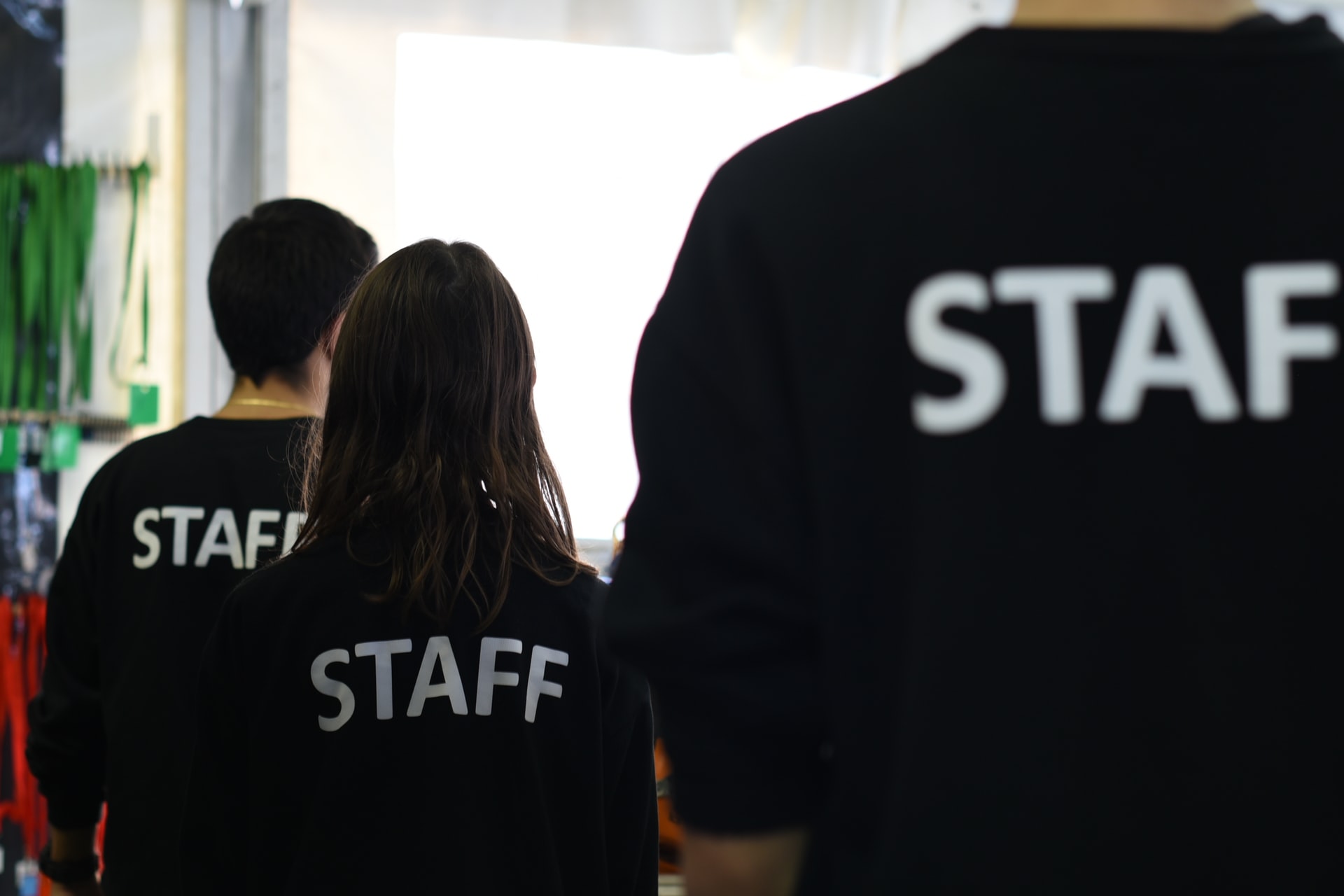What Politicians Get Wrong about Our Industry
by David Klemt

It still stings that the 43 senators chose to vote against replenishing the Restaurant Revitalization Fund.
The fact that four senators didn’t vote at all on S.4008 is nearly as insulting and painful.
Now, while all the “nay” votes came from Republican senators, I’m not here to bash one party in particular. Four Republicans voted “yea,” as did two Independents.
Unfortunately, given how hostile Democrats and Republicans in Congress seem to be, it’s difficult to be objective. Right now, it appears that the RRF was left to die a slow death because many—not all, of course—Republicans in power don’t want their Democrat peers to “win” at anything.
To be used as political pawns and be left out in the cold… It’s a bitter pill to swallow.
Cornerstones
Too many politicians, it seems, view restaurants and bars as they would other types of businesses. Perhaps the perceived success of national and global brands paint the picture that independent venues and small chains don’t need any help.
More disappointingly, maybe politicians, from local lawmakers to state representatives, take our business’ role for granted.
Look at the history of restaurants and bars, of hospitality. Think about the rich history of hospitality in America alone, let alone globally.
Yes, independent restaurants and bars are small businesses. But like so many small businesses in so many towns across the country, they’re so much more.
Restaurants and bars are pillars, cornerstones of the communities they serve. These are businesses that welcome people in, treat them like family. They’re there for them as they move through their lives.
People who were seemingly at odds with another routinely found common ground over a bite and a sip. More often than not, that’s still the case.
Operators and their teams give back to their communities through food drives, quietly feeding those in need, and finding other ways to give back.
And they look out for their communities.
Lifesavers
Last week, the team at a cafe in the Bronx called the Chipper Truck helped rescue a woman from an alleged hostage situation.
Permitted by her assailant to place a food order via Grubub, the victim thought quickly and sent a life-saving note with her order:
“Please call the police… don’t make it obvious.”
A staff member read the note in the “additional instructions” section of the order and called one of the owners. Nobody at the Chipper Truck knew if the situation was real but they chose to err on the side of caution.
When the alleged assailant—who was arrested and charged with a list of serious offenses—opened the door for the Grubhub order, he was met with police officers.
A Facebook post from the cafe addressing the situation read, in part, “I’ve often heard of this happening but never thought it would happen to us. Thankfully we were open and able to help her.”
It’s terrifying that this happens enough that the cafe owners hear about it “often.” But it’s telling of the role restaurants and bars play in their communities that they’ve saved multiple lives.
This is to say nothing of the restaurants and bars that have put coded safety systems in place to help patrons who find themselves in danger.
No Such Thing as “Just” a Restaurant or Bar
There isn’t a restaurant or bar out there that’s “only” a restaurant or “only” a bar.
Every one is a source for food, for socializing, for an escape from the stresses of life. Restaurants and bars are committed to service and sacrifice.
They’re pillars of their communities, the cornerstones that play important roles in our everyday lives and the special moments as well.
Perhaps our politicians, local and otherwise, need to a reminder. Restaurants and bars play crucial roles in the lives of the people politicians are supposed to represent.
Too many politicians claim to support small businesses while their actions and votes prove otherwise. Talk, as we all know, is cheap.
Restaurants are not “just” restaurants. Bars are not “just” bars. We deserve better.
Image: Scott Webb on Unsplash








